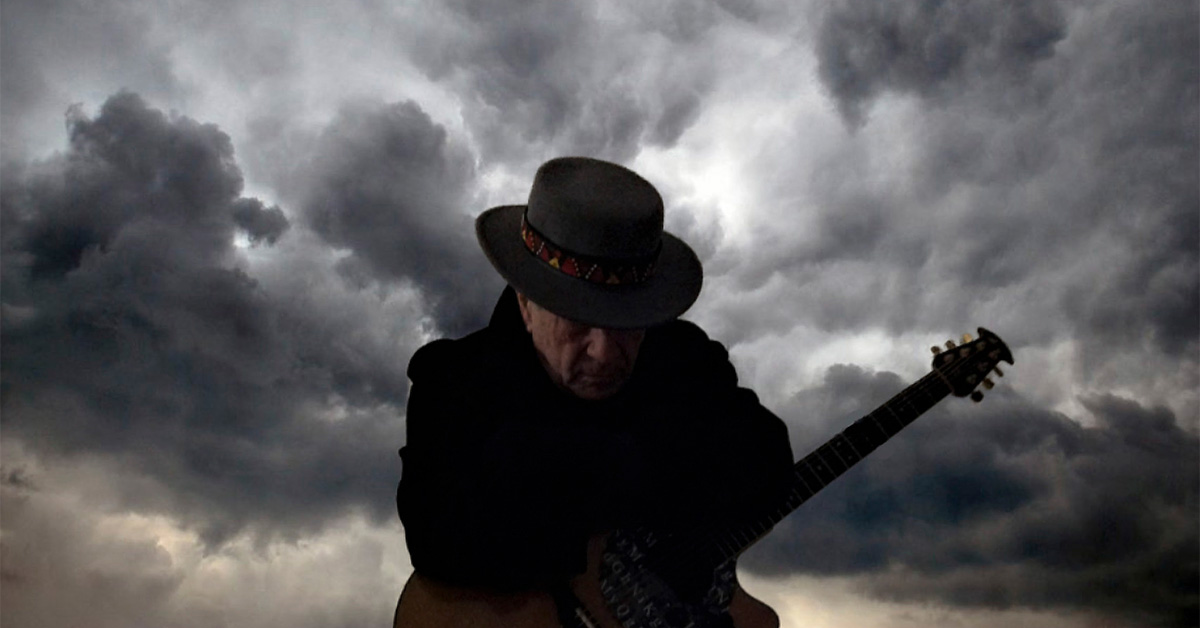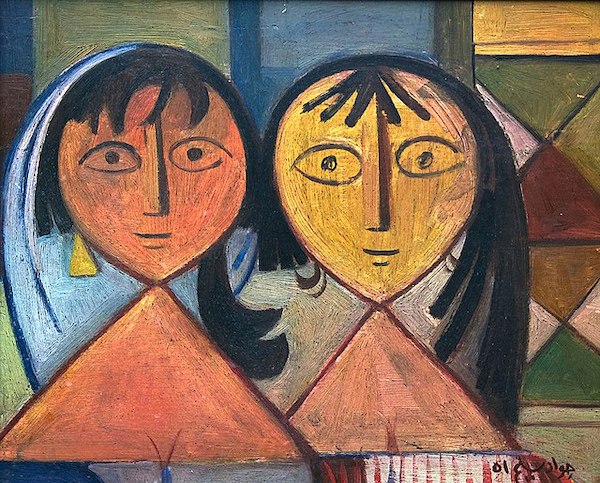

Carrie Vaughn serves refugees in Phoenix, Arizona.

Difficult to hope
“In this land, it is better to be a stone than to be a girl.” Homeira Qaderi, in Dancing in the Mosque (New York: Harper, 2020, 156), tells of her Afghan family’s experience of Soviet occupation in the 1980s and then of Taliban rule in the 1990s. An entire generation came of age under war and instability. Hope was the currency exchanged for survival, especially as a female.
Then came their daughters. From 2002 until August 2021, many girls experienced relative freedom throughout Afghanistan. There was still internal fighting and oppression, but comparatively speaking, life was better. They were raised between the bookends of extreme female oppression.
In between Taliban rule grew clusters of Afghan women taught to hope. Unshrouded from many of the restrictions their mothers learned to accept, these women inhaled their independence and stockpiled hopeful futures. These mothers taught their daughters to hold on tight to every day of education given them. Raised by devastation, fear, and oppression, these mothers prioritized their daughters’ education. Unbuckled from Taliban harassment, many in this generation of girls would have choices. Education would narrate their futures.
Some of these young Afghan women now find themselves refugees in America. As I sip tea with them, I hear stories of hopeful resistance. They sit in university classrooms studying economics or international business, knowing their country needs their hearts and minds. There’s a sense of preparation and diligence stirring among these women. They recognize that with every test they pass, it’s a statement to the Taliban that Afghans will flourish despite them. Right now, millions of women in Afghanistan are hiding under heavy burqas and heaving oppression. The burqas are merely the cover representing the ultraconservative Islamic reign of the Taliban. These refugee women in America have sisters who are forbidden to continue their education back home. Women’s days are now filled with washing dishes, but their minds resist by reciting maths lessons or reviewing French verbs. Resistance is fuelled by hope.
But, with each passing day, hope back home gets more difficult. School doors have been closed to women; windows of opportunity shuttered. Food lines grow short as food ceases to be distributed. So, while hope is difficult, it’s all that these women have. Some might wonder whether hope is just well wishing. Then again, if hope is not difficult, is it really hope?
Difficult with hope
To honour their families languishing in Afghanistan, they study long hours, save money, and hold on to difficult hope. They often express to me that they must hope. Their families are depending on these girls to resist through hope.
Through my relationships with these women studying here, I’ve discovered how much of my hope is not in the Lord but rather in the American economy. As a culture, we’ve taught our kids to hope in consumerism, the relative stability of the American dollar, and democracy, as if hope is naivety and hard work ensures success. While I might complain about rising prices at the grocery stores, at least grocery stores still sell food. Lines at the bank are long, but they’ll hand me money from my account. I flow fluidly throughout my day assured of my provisions. My hope has become lazy, misplaced and misused. Urgent is the hope of these Afghan women. They’ve been tasked with not just holding onto hope for themselves, but also for the good of an entire country waiting to hear their voices.
These women anchor themselves to the hope of their education and of rescuing their families from the strangulation of the Taliban. As a Jesus follower, I know this: “We have this hope, a sure and steadfast anchor of the soul, a hope that enters the inner shrine behind the curtain, where Jesus, a forerunner on our behalf, has entered, having become a high priest forever according to the order of Melchizedek “ (Heb 6:19-20).
Hope is where Jesus is found. When we engage with hope, we encounter the holy. The kingdom narrates our hope. These women show me that each day can be difficult, but that it’s difficult with hope.


Get the latest issue in print or subscribe for the next three.
The Kirby Laing Centre for Public Theology in Cambridge. Charity registered in England and Wales. Charity Number: 1191741
Kirby Laing Centre, The New Mill House, Unit 1, Chesterton Mill, French’s Road, Cambridge, CB4 3NP
© 2024 The Kirby Laing Centre for Public Theology in Cambridge